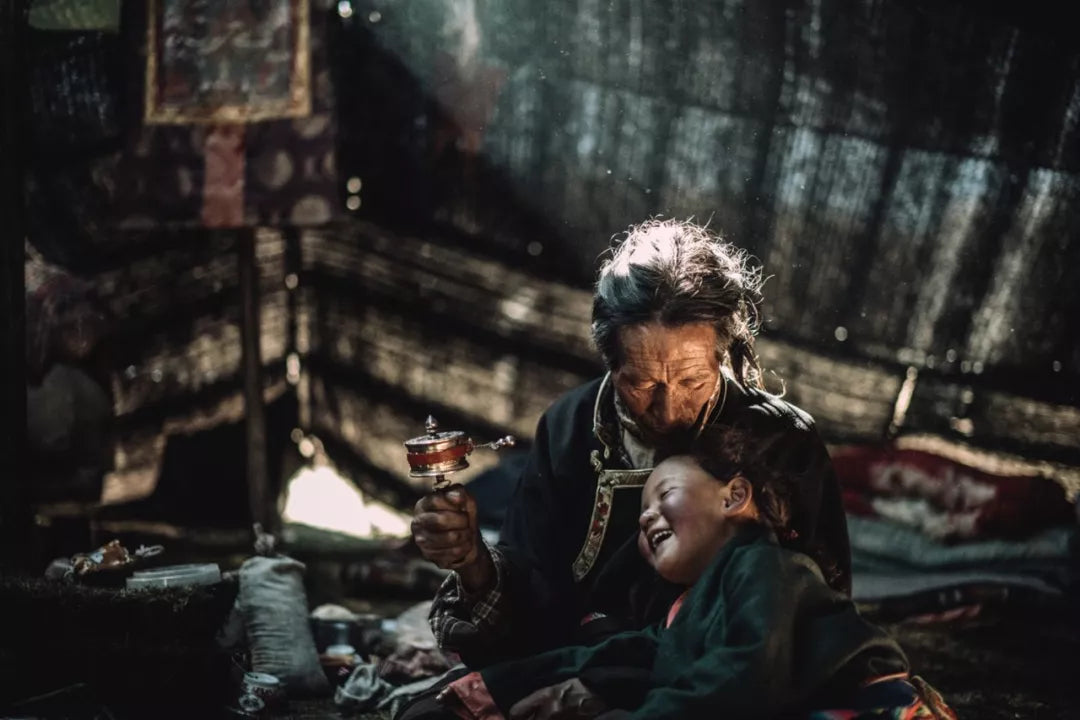
In the eyes of post-95s photographers, Tibet cleanses the soul.






















Liu Wei was born in 1995 in a rural village in Chongqing. At the age of 20, he first traveled to Tibet with a CCTV documentary crew. Over the past two years, he has journeyed through remote farming and pastoral areas, witnessing what may be the last Tibetans still preserving their indigenous way of life. While his photos may not capture the grandeur of "National Geographic"-style scenes, a closer look reveals that each image carries a perception beyond his years. It is a sincere expression, a resonance born of reverence, reflecting the same innocent heart behind the work.

What impressed me the most when I first set foot in Tibet?
My first trip to Tibet was in 2016, when I had just turned 20. I had the opportunity to go there because I was working as a photographer intern for a CCTV documentary crew. The first place we arrived at was Zoigê, where I met a family living deep in the grasslands. I got along very well with them—I helped the lady of the house gather mushrooms, and I ate and lived with the children. I witnessed the little boy’s heartbreak when his father had no choice but to sell the horse that had grown up with him, and the younger sister’s sadness mirroring her brother’s grief. What I remember most clearly is the look in the children’s eyes as they watched their uncle leave—it was as if I was touching something truly real for the first time, a clear and sincere emotion, vast and vivid like the grasslands in front of their home. Everything was so quiet.

What moved you the most during the filming process?
From my first trip to the Tibetan region until now, the work I’ve done and the people I’ve met have all undergone changes—from ordinary herders to environmentalists willing to devote their entire lives to protecting the ecosystem or certain species. At first, I thought of them as kind, simple, and naturally content—that was just who they were. But later, I met a herder who made me reflect deeply.
While working with the Three-Rivers Source Protection Association, I interviewed an environmentalist who was also an ordinary herder. I remember asking him many questions, and when I came to the last one—“What are your hopes for the rest of your life?”—he replied, “I hope to live the rest of my life in good health.” I was a little disappointed by his answer at first, but then he explained to the translator: By “health,” he meant his heart. He hoped that in the future, his heart would not fall ill—that it wouldn’t be affected by material desires or the outside world. He said that environmental protection shouldn’t just be about protecting the external environment; it should be about protecting people’s hearts, reawakening reverence for nature. If that happens, he believed, the environment would become clean again. After hearing his words, I cried. I was speechless. I began to think about “us,” to reflect on “us.”
Since then, my perspective has shifted. I realized I didn’t truly understand these Tibetan people—not nearly enough.

You come from completely different cultural backgrounds (you and the subjects you photograph). Why has there been so much resonance?
I think it's because we meet heart to heart—what you wish to receive, you must be willing to give in return.
What do you hope to convey to the world through your work?
I’ve been thinking about this question myself. Expressing myself is important, but I don’t want it to stop there. Right now, the photos I take feel more like a reflection of my own state of mind. What I truly hope is that one day, the images I create will act like a mirror—projecting outward, then reflecting back onto myself.

What kind of environment did you grow up in? Do your childhood experiences influence what you do now?
I grew up in a rural village in southern China and had a very happy childhood. From a young age, I learned how rice seedlings turn into grains, how to tell which sweet potatoes are sweet, and that water spinach grows best in watery soil. My mother also taught me not to harm dragonflies because they were “spirits of the sky.” I loved walking barefoot on damp soil and feeling the earth beneath my feet.
I feel fortunate to have had the chance to experience how food grows, to feel the rhythms of the land, and to witness the changing seasons in nature. Spring planting, autumn harvest—everything follows cause and effect, which taught me to believe that life should be simple and sincere. My childhood experiences gave me the courage to seek and embrace authenticity. I think people should dive deeply into life, suck out all the marrow of living, and lead a grounded, ordinary life—because only ordinariness carries enduring vitality. It’s precisely these experiences, I believe, that create a natural resonance between me and the herders of Tibet.

About restlessness?
Actually, I think I am restless, but precisely because of that, I strive even harder to pursue inner peace. I have a very clear idea of the kind of person I want to become in the future. There are too many people in this world who own cameras, and too many who can take beautiful pictures—but I believe very few can truly become photographers. Because I think photography isn’t just about creating beautiful images made of countless pixels; it should be about implanting emotion and conveying perspective. And this path is a long one. I will keep walking it.

Your favorite photo? Why?
I love this photo—it was taken inside a black tent. Traditional nomadic life is fading with time, and black tents are becoming increasingly rare. I hope the herders can forever remember their time spent in these black tents through this photo—and so do I.

Why did you cry several times while filming in the pastoral areas?
Because they always expose their emotions so simply and sincerely under the sunlight. I didn’t know how to respond, so I cried.
Anything you’d like to say about the future?
I used to constantly ponder what freedom is. I’ve been to many places and done many things I wanted to do, but eventually I realized that true freedom isn’t about external liberty—it should be about the inner self. I hope I can always remain on the path of “seeking inner freedom,” even if it may not truly exist.


Liu Wei, born in Chongqing in 1995,
began working in Tibet in 2016
and is currently employed at Dragon Cloud Union.
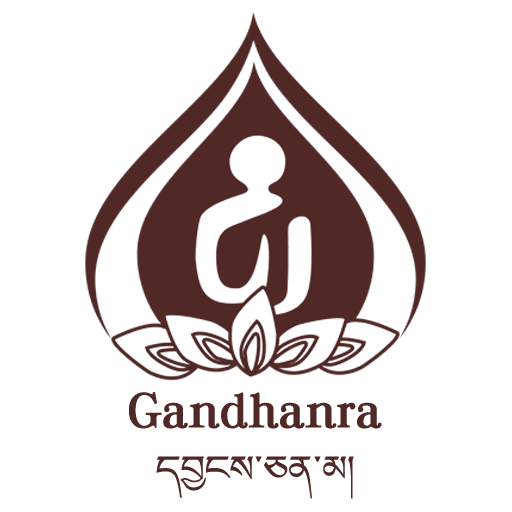

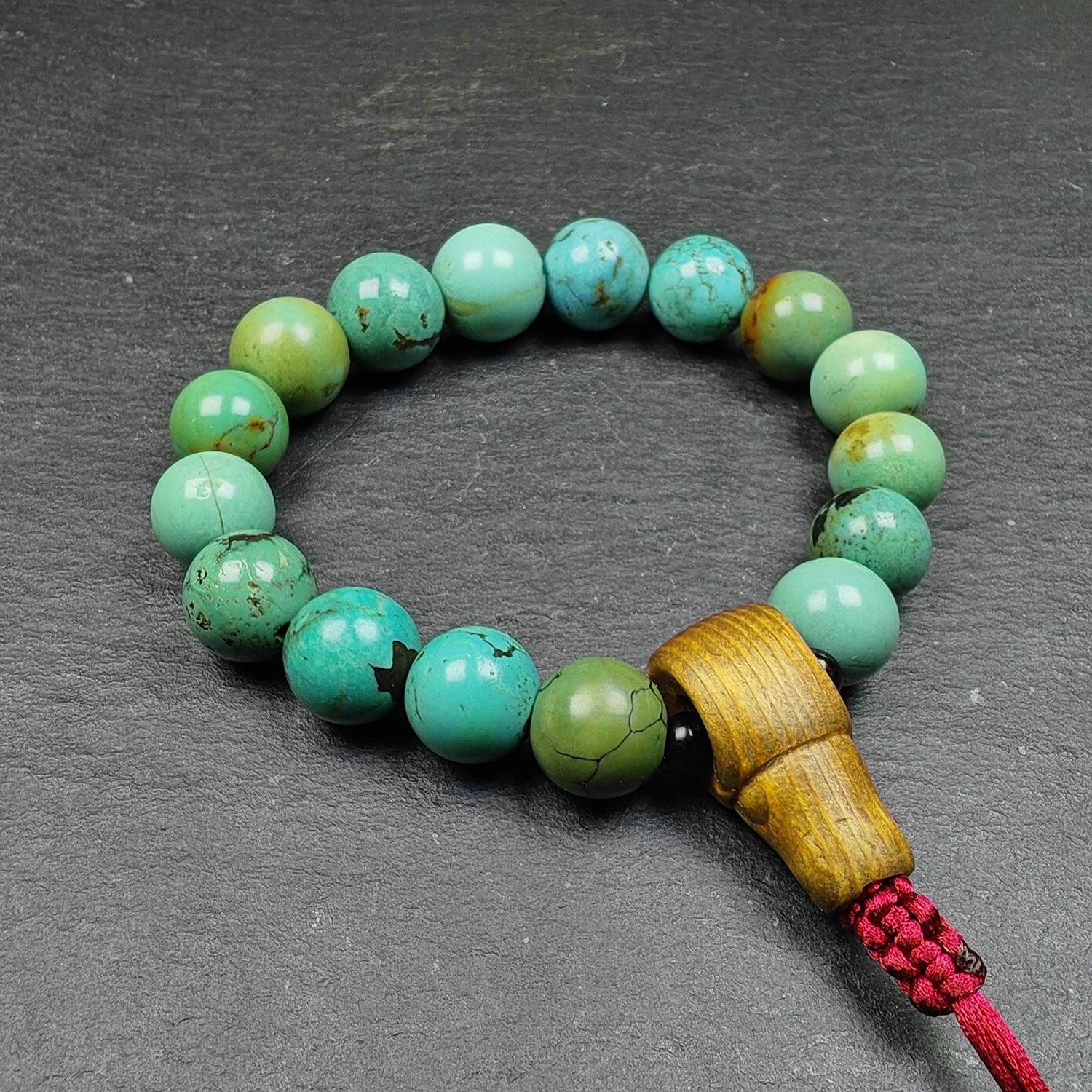
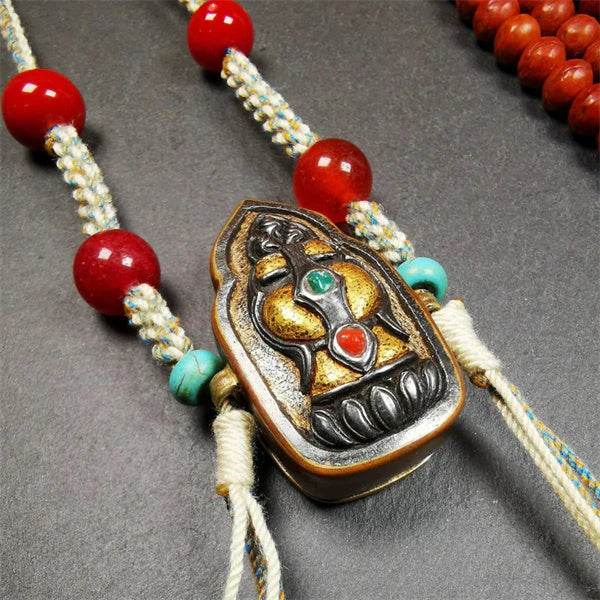
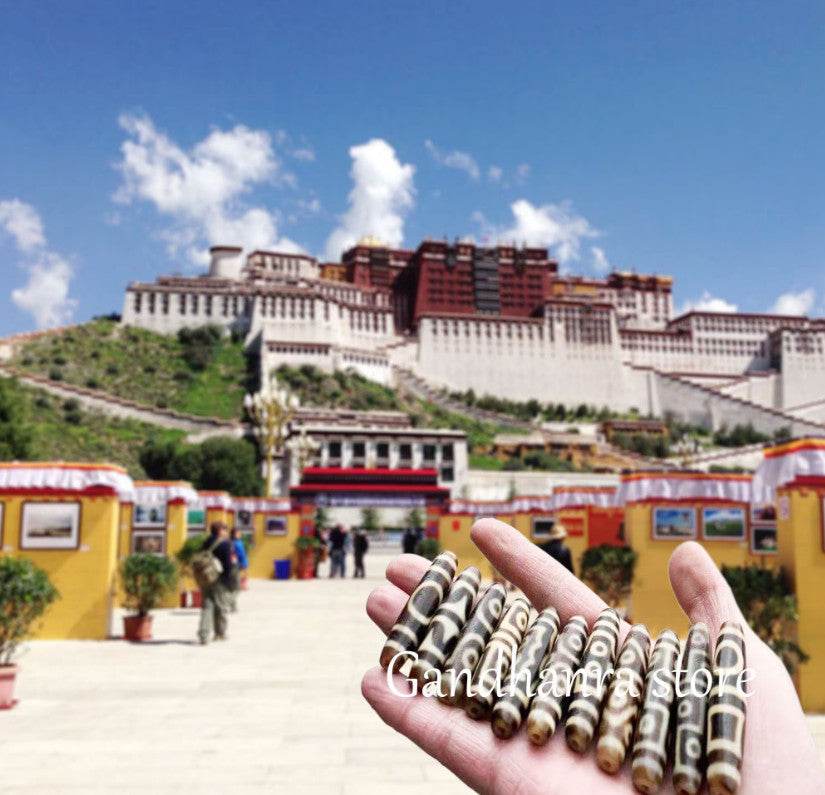
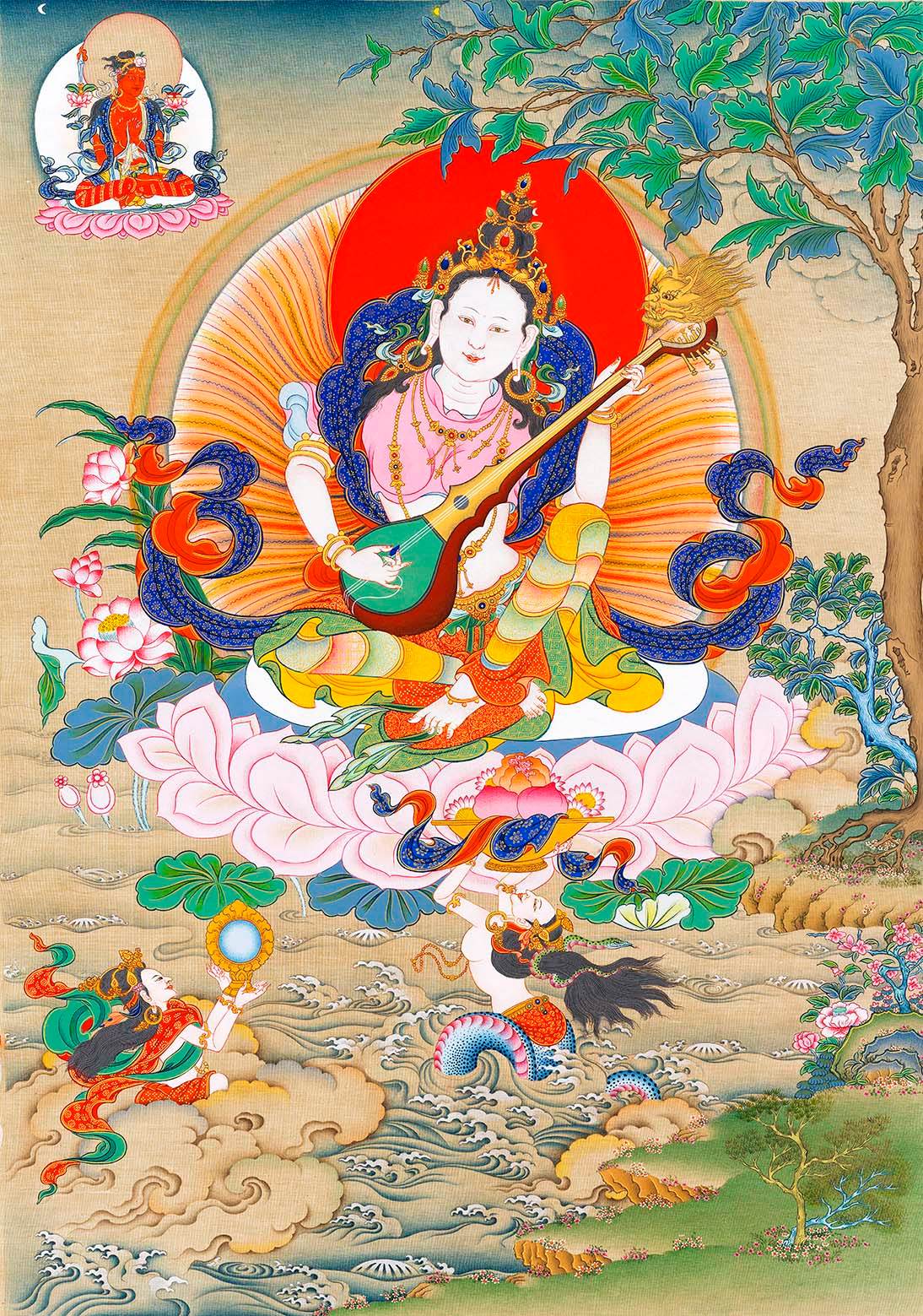

1 comment
opewqz